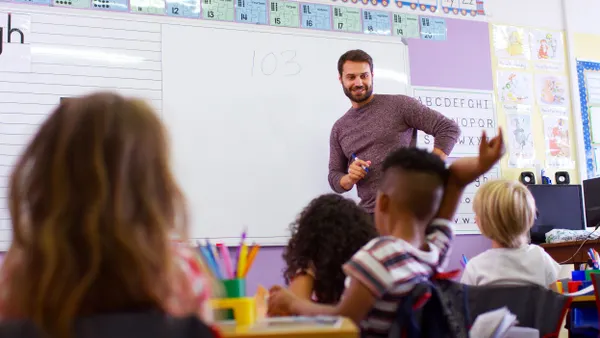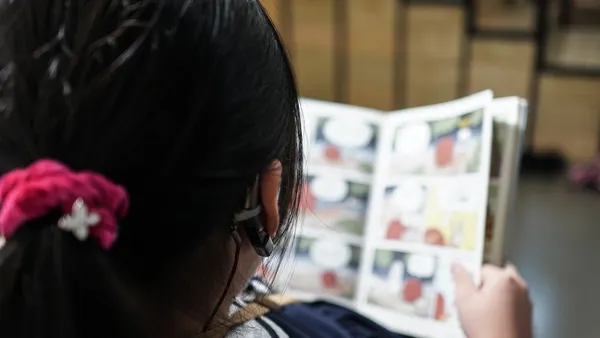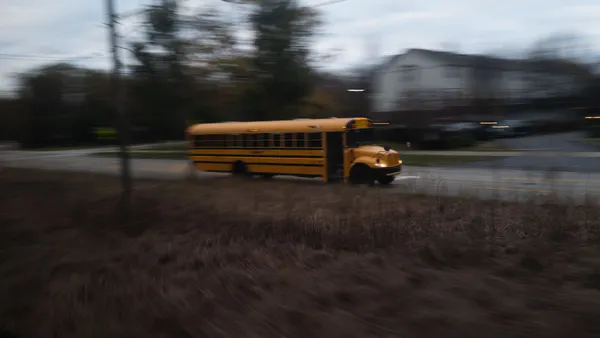Dive Brief:
- The U.S. Secretary of Education Betsy DeVos on Friday announced $123 million in new grant funds distributed to 41 school districts, nonprofits and state educational agencies, according to a U.S. Department of Education press release.
- Awarded states received anywhere between $1.4 and $8.6 million to fund innovative programs meant to improve academic achievement for high-need students.
- Of the grant money, $30 million was awarded to eight districts, organizations or state agencies in rural areas, while over $78 million was distributed to nearly 30 grantees to fund STEM projects and education. Out of the latter, an overwhelming majority also included a specific focus on computer science.
Dive Insight:
The grants were awarded as part of the Education Innovation and Research Program (EIR), which was established under the Obama administration in 2016. At its conception, the program was to allocate approximately a fourth of its grant funds to support rural areas, and all funds were meant to help support grantees in finding innovated solutions to overcome persistent educational challenges facing underserved students and boost achievement.
Supporting principal training efforts, improving school climates and preparing students for life after high school graduation are just a few areas of improvement funds can be used for.
For this fiscal year, DeVos requested $180 million for the grant funds — in line with the previous administration's appropriations — and the department increased its 2020 appropriation by $170 million from past years to a total of $300 million for the program.
The increase in appropriations would be used to fund professional development for teachers, who would be able to use the funds in the form of stipends for training opportunities that fit their "unique needs."
“Through the EIR program, grantees have the opportunity to rethink education and approach student learning in new ways," DeVos said in the release.
The program is one part of a greater push over the past decade to move away from a "one-size-fits-all" education approach, both in the classroom for students and in teacher professional development. New research points to a constantly evolving and ongoing approach to learning that includes collaboration, creative engagement and incorporating goals that "feel important."











